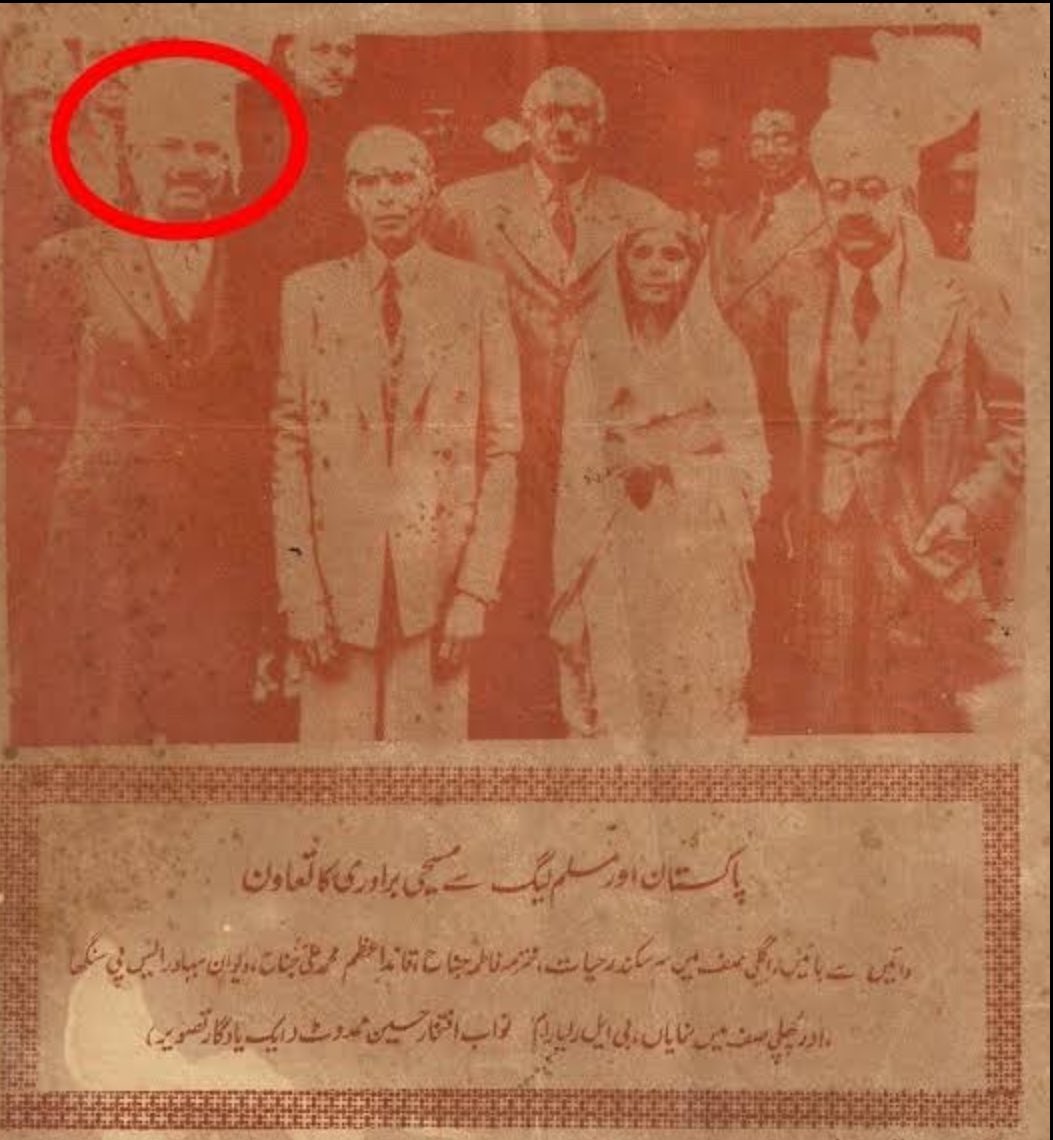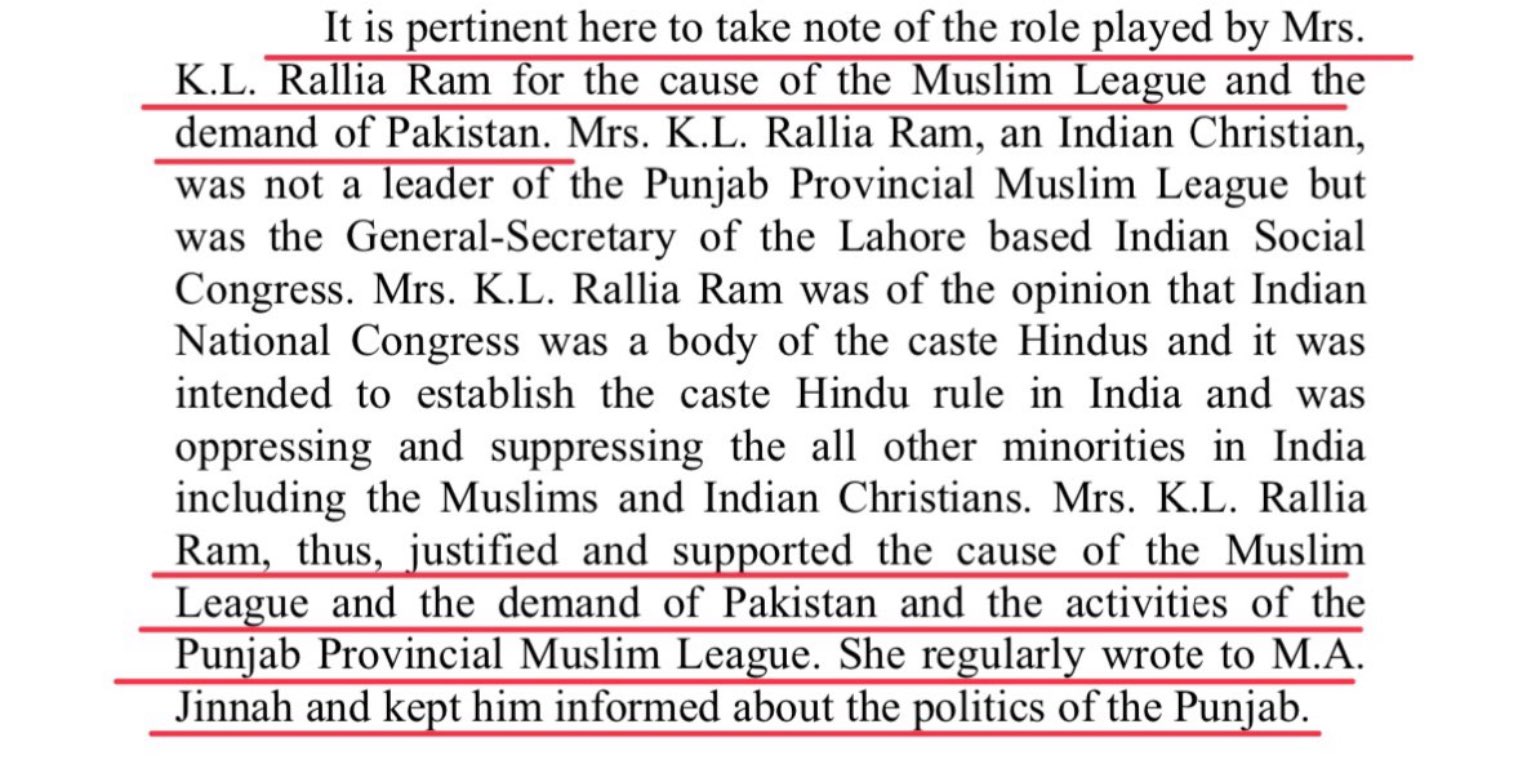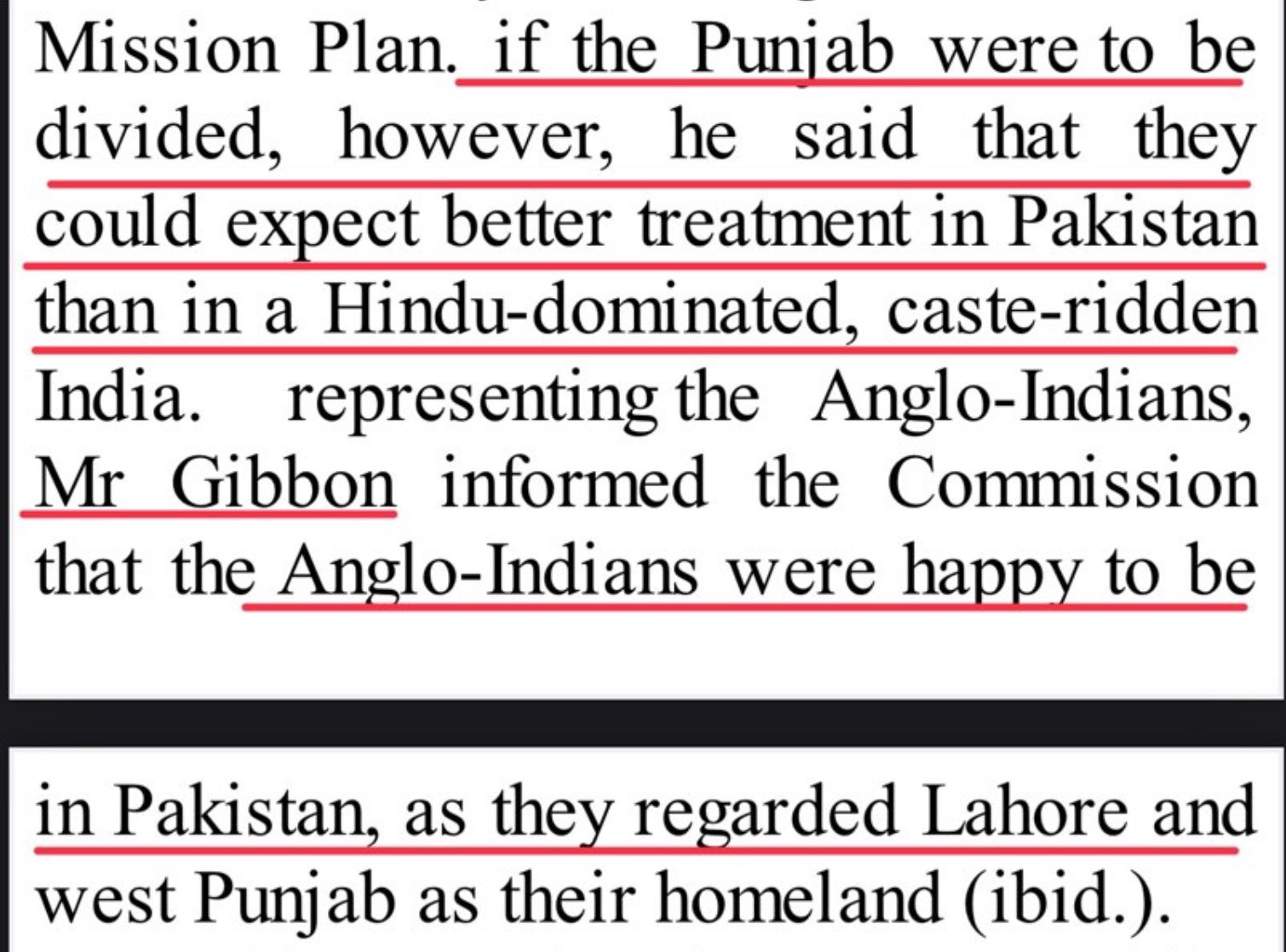The partition of Bharat in 1947 led to the creation of two independent nations: Bharat and Pakistan. During this tumultuous period, a significant number of converted Christians in Bharat betrayed their roots and supported the Muslim League’s demand for a separate Muslim state, Pakistan. Little did they know that their betrayal to Bharat would come at a heavy price, leading to years of persecution and suffering.
Dewan Bahadur S.P. Singha’s Treachery
Dewan Bahadur S.P. Singha, a Hindu convert and Christian leader from Punjab, played a pivotal role in the formation of Pakistan. Representing the Joint Christian Board, he believed Christians could expect better treatment in a Muslim-dominated Pakistan than in a Hindu-dominated India. When Sikh leader Tara Singh protested against Punjab being part of Pakistan, Singha was ready to die to support Punjab’s inclusion in the newly formed nation. In his own words, “The Christian population should be included with and termed as Muslim population.” His loyalty, however, was short-lived.
The Betrayal’s Consequences
After the creation of Pakistan, Singha was asked to step down from his position as the Speaker, as Pakistan decided “a non-Muslim cannot preside over a Muslim house.” His betrayal of his Hindu faith returned to haunt him. Ironically, the majority of attacks against Christians have taken place in the very province he struggled to make part of Pakistan, highlighting the price of betraying secular Hindus to embrace Muslims, who have zero tolerance for any other faith.
K.L. Rallia Ram’s Misguided Support
Another convert, K.L. Rallia Ram, believed that the Congress party was solely for caste Hindus and supported the Muslim League. She constantly wrote to Muhammad Ali Jinnah, updating him on the politics of Punjab. Jinnah acknowledged her contribution, and Rallia Ram played a prominent role in “freeing Muslims from Hindu clutches.” She demanded women’s education and wanted to create a Pakistan where the oppressed could seek refuge. However, today, those same oppressed individuals seek refuge in Hindu-majority India under the Citizenship Amendment Act (CAA).
Cecil Gibbon’s Pivotal Role
Cecil Gibbon, an Anglo-Indian, played a significant role in turning the tables in the formation of a separate nation. His vote was one of three that created a majority in favor of forming Pakistan. Gibbon believed that Anglo-Indians would be happier as part of Pakistan than India. He spoke passionately about Pakistan until thousands of Christians were expelled from their lands and died of starvation, a karmic payback for his actions.
Forman Christian College’s Support
The Christian community continued to support Jinnah, arranging historical receptions for him. Among them, Forman Christian College extended their support in forming a Muslim Pakistan. They opened their doors to accommodate Muslim immigrants coming from India. However, years later, someone set fire to the same Forman College area, and the Muslim chairperson of the college asked minorities to go back, a bitter irony for those who had supported Pakistan’s creation.
Persisting Loyalty Despite Persecution
Even in recent years, churches have been burnt, and pastors have had nowhere to run in Pakistan. Yet, the loyalty of some Christians lies with Pakistan to this date, as their religion despises the polytheistic Hindu gods. If Christians are mercilessly persecuted in Pakistan today, it is a consequence of their own actions and betrayal of their roots.
The story of Indian Christians who betrayed their roots and supported the formation of Pakistan is a tragic tale of misguided loyalty and subsequent persecution. While India seeks to open its doors to these persecuted minorities under the CAA, one cannot help but question the wisdom of welcoming those who once turned their backs on their motherland. The lessons of history should serve as a reminder that betrayal often carries a heavy price, and true loyalty lies in upholding one’s principles, regardless of the promises of greener pastures.








